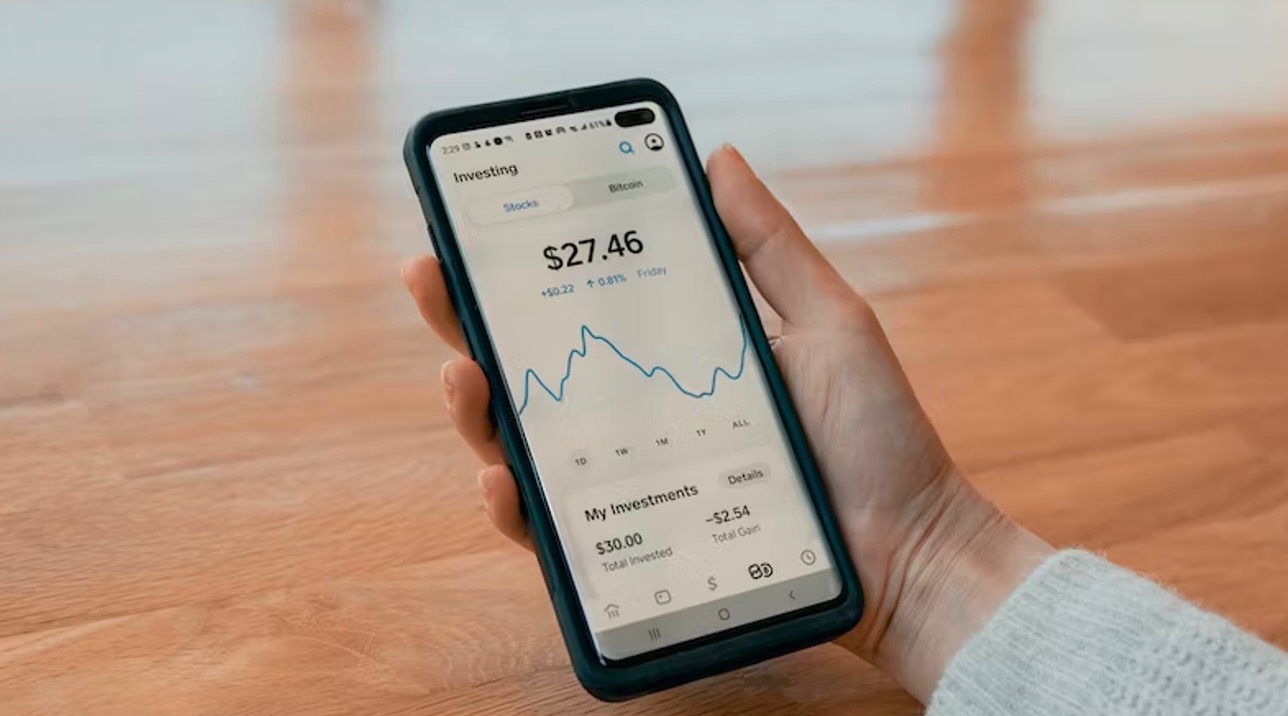In the digital age, personal finance apps have revolutionized how we manage our money. It’s undergoing a significant transformation, mainly driven by the surge in mobile app usage.
But how do they impact retirement savings, particularly Individual Retirement Accounts (IRAs)? With finance app downloads projected to reach 2.66 billion in 2022, technology and personal finance is a topic of discussion.
The Rise of Personal Finance Apps
Integrating AI and machine learning in these apps has revolutionized personal finance management, offering customized advice and predictive analytics for budgeting and investments. With its secure and transparent transaction capabilities, blockchain technology is increasingly incorporated, especially with the growing interest in cryptocurrencies.
The trend is further fueled by a significant shift in consumer behavior, with increased comfort and demand for digital financial services.
Users now seek personalized financial experiences and are more engaged in financial literacy, with apps providing valuable educational resources. This shift toward digital finance is also influenced by critical regulatory changes focusing on data privacy and security. Open banking frameworks foster innovation by allowing third-party developers to create services around traditional banking systems.
IRAs in the Digital Landscape
IRAs, long a staple in retirement planning, are not immune to digital transformation. These tax-advantaged accounts, crucial for long-term savings, are now more accessible than ever. Digital platforms enable easy account setup, contributions, and investment adjustments. A simple search on how to open an IRA online will give you tons of resources that you can use. Given this, planning for retirement has become significantly easier.
Benefits of Integrating IRAs With Personal Finance Apps
The integration of IRAs into personal finance apps offers numerous benefits. Here are some of them:
Enhanced accessibility and convenience
Personal finance apps significantly enhance the accessibility and convenience of managing IRAs. With these apps, users can easily track their contributions, monitor investment performance, and adjust directly from their smartphones.
This convenience is particularly valuable for individuals who lead busy lives or prefer digital financial management.
Personalized financial planning and advice
Integrating IRAs with personal finance apps often includes access to personalized financial planning tools and advice. These apps can analyze individual financial data to provide tailored recommendations on IRA contributions, investment options, and retirement planning strategies.
This level of personalization helps users make more informed decisions that match their long-term financial goals.
Comprehensive financial oversight
By incorporating IRAs into personal finance apps, users gain a more comprehensive financial health overview. These apps typically aggregate various financial accounts, including IRAs, savings, checking, and investments, in one place.
This holistic view enables users to understand their overall financial situation, facilitating more effective retirement budgeting, saving, and investment planning.
Challenges and Considerations
However, this convenience comes with challenges. Privacy and security remain significant concerns. A study found that 72 percent of Americans report having little to no understanding of the laws to protect their data privacy.
Additionally, the ease of access can lead to impulsive financial decisions, detrimental to long-term retirement goals.
Still, the integration of IRAs into personal finance apps is poised to grow. Fintech innovations continue to offer new tools for retirement planning. For example, AI-driven investment advice can personalize IRA investment strategies based on individual risk profiles and financial goals.
Embrace Personal Finance Apps for Retirement
Personal finance apps are reshaping the landscape of retirement savings. They bring IRAs into the digital age, offering convenience and information. However, users must navigate the challenges of data security and impulsive decision-making.
As we embrace this new era, a balanced approach is key to leveraging technology for effective retirement planning.











